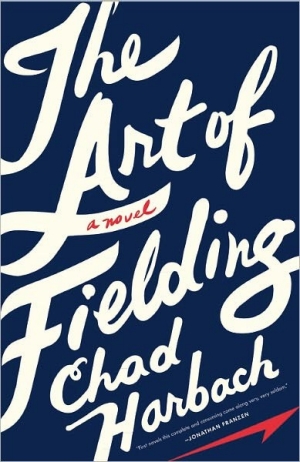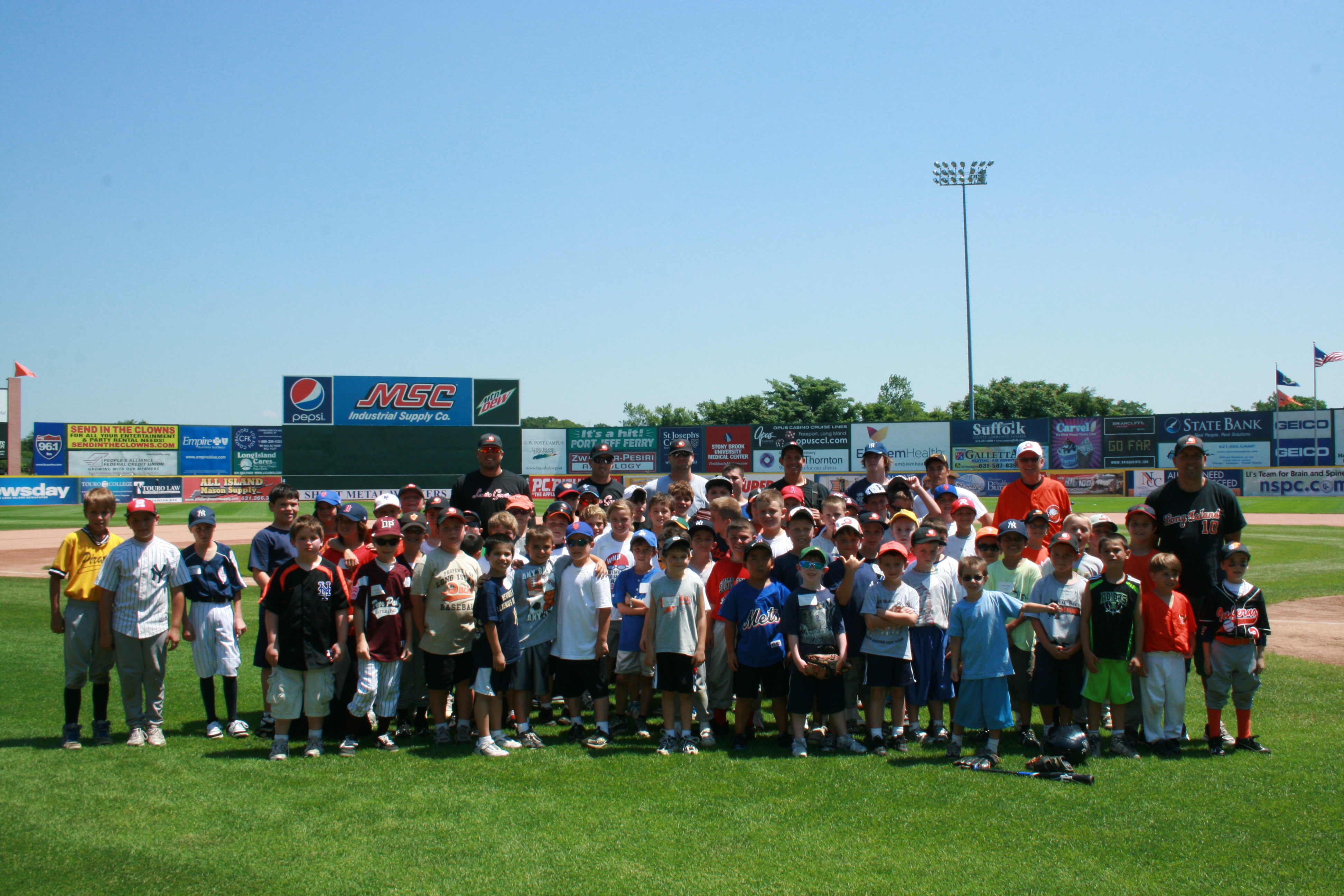
Big literary contracts attract readers for a host of reasons, both good and the bad: We want to see if the book is worth the dollar signs attached to every word, and sometimes, we want to see that big-ticket book end up at the remainder table. You know, a little old-fashioned Schadenfreude. But it’s not really fair to the book: A $650,000 advance carries a lot of expectations.
Luckily, Chad Harbach’s debut novel, The Art of Fielding, mostly lives up to the expectations set by that reported sum. Harbach has managed to write something pretty remarkable, actually: a book about baseball that people who don’t care about baseball will really like.
The novel opens with Henry Skrimshander, he of the wonderfully New England fisherman-sounding name. Henry is an above-average high school ballplayer, but not noticeable enough to attract the attention of scouts, college or otherwise. That is, until Mike Schwartz, a player on an opposing summer team, gets a good look at Henry in action and sets things in motion. Eventually, Henry ends up on Mike’s college team, where it soon becomes clear that Mike, the team captain, is also a mentor extraordinaire, and coaches Henry until he becomes the best athlete he can be–which is a really good one: Major League good.
While Henry drinks protein shakes and performs well for the scouts, Harbach fills the story with more complicated and lovely characters: the dashing college President Guert Affenlight (these names!), who is suffering a mid-to-late-life crisis; his daughter Pella, who has major daddy issues; and Henry’s roommate and teammate, Owen, whose placid and wise manner inspires the nickname Buddha. All of their issues are enthralling and genuine-seeming, with the exception only of Henry, who sometimes seems little more than an empty vessel, waiting to be filled with someone else’s needs or desires or concerns.
Henry falls prey to these projections and starts to over-think the athletic grace which came so naturally to him, falling into a pit of despair that baseball players (and fans) know all too well: the promising player who thinks himself out of the game. Harbach describes the games with thrilling play-by-play, each throw a tense little suspense novel in itself (as I mentioned, a big feat for those of us who don’t necessarily worship at the altar of America’s favorite pastime).
This is a debut novel many years in the making, according to interviews with the author, and Harbach can feel satisfied with time well spent. The Art of Fielding is a rousing, thoughtful and immersive tome that does justice to the relationships and passions in an everyday life.







